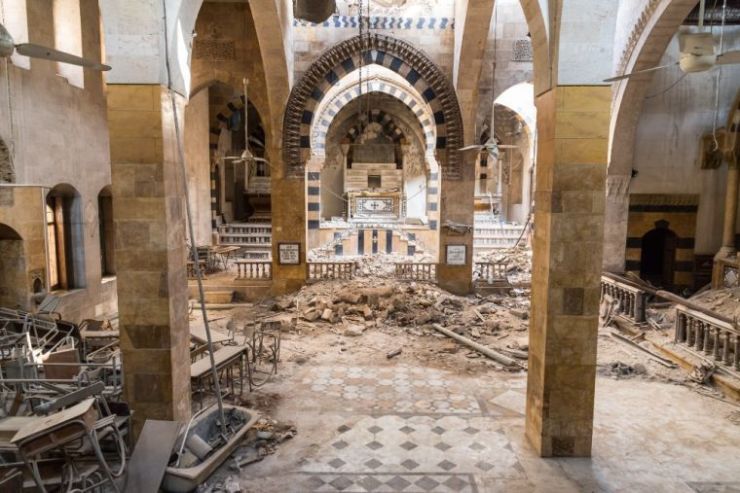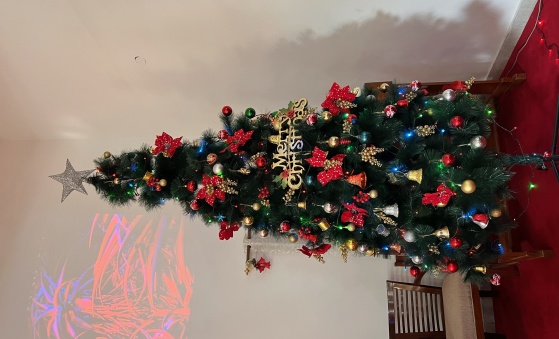
"Don't bother, it's only a few days and we will go back to our homes," Bishop Demetrios Sharbak, head of the Greek Orthodox Church in Safita, remembers telling his congregation 10 years ago. Soon, he found himself busy day and night helping the displaced Syrians who flooded Safita and the villages around it.
The village of Safita, located in Tartus Governorate, became a safe haven for displaced people from cities like Homs and Aleppo.
"We didn't have a relief work programme, nor organisations to help us," Bishop Demetrios told Christian anti-persecution charity Open Doors.
"With very limited means we bought mattresses for the refugees, a small cooking kit, canned food, pillows and covers, since people had left their houses with nothing but the clothes they were wearing."
Unprepared for war, the Church in Syria nevertheless responded courageously. Church leaders have become central pillars in communities, providing not only practical support like aid and shelter, but also encouragement and spiritual strength. In some cases it has been the Church negotiating hostage exchanges with rebels.
Across the entire country the Church suffered massively: many church buildings were shelled and destroyed, and congregations started to dwindle significantly as Christians started to flee. The Christian population has decreased from 2 million in 2010 to under 700,000 today according to the Open Doors' best estimates.
The population of Safita was predominantly Christian at the start of the century, with about 95% belonging to one of the churches. Now, according to Open Doors' partners there, only half of its population are Christians. The other half are mostly Alawites, a Shia Islamic sect.
"What made our country truly bleed is emigration - we mostly lost the young generation," Bishop Demetrios said.
"They are the ones who can rebuild the country, rebuild the church. Only the elderly are left here. The war is cruel. It resulted in displacement for many people, and in destruction. The war also deprives people of their emotions."
Ten years into the war, the Church in Syria still meets many challenges every day and continues its difficult mission of being an indispensable source of practical support for many Christians.
"The war in Syria is not yet over," Bishop Demetrios said. "At first there was the war with weapons and bombs, in which blood was shed and we lost precious souls. Now it has changed its face and turned into an unprecedented economic crisis that is sucking the life out of our people, due to the inflation of our currency.
"Syrians are now suffering from hunger more than ever; the numbers of needy people have doubled, if not tripled. Everything is expensive, beyond what a breadwinner usually earns. The war today doesn't spare anyone; hunger, pain, sickness, the pandemic, wildfires; they've all made life unbearable for people."
Read the complete article here.




